While more and more countries are banning bullfighting, France continues to allow this practice in certain regions under the guise of “local tradition.” A legal exception that shocks a large majority of citizens, for whom this spectacle amounts to unjustifiable cruelty.
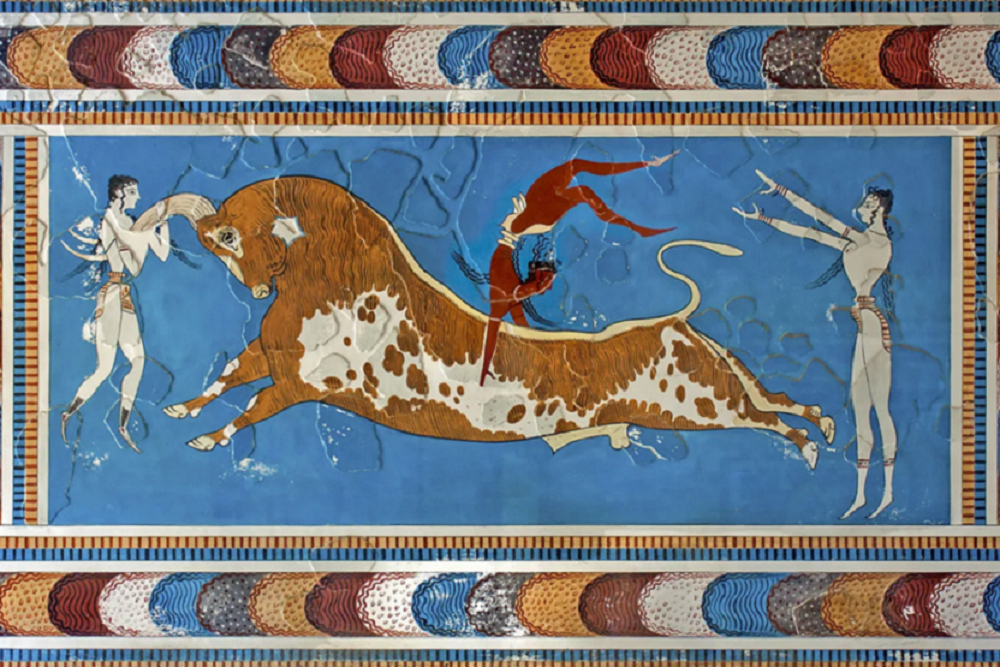
The cries, the applause, the staging… and at the center, a bull exhausted, bleeding, cornered. This image, defended by some as cultural heritage, revolts many others. Bullfighting, still practiced in France, Spain, Portugal, and a few Latin American countries, is facing growing opposition. For its critics, it is not an art form but a ritualized killing, an act of institutionalized cruelty.
In France, the Penal Code is clear: “The fact, publicly or not, of inflicting serious abuse or committing an act of cruelty on a domesticated animal, a tamed animal, or one held in captivity, is punishable by three years’ imprisonment and a €45,000 fine” (Article L. 521-1)
¹. Yet the law introduces an exception: “bullfights when an uninterrupted local tradition can be invoked”
². It is this loophole that allows bullfighting to survive in southern France — from Bayonne to Arles, including Nîmes and Béziers.
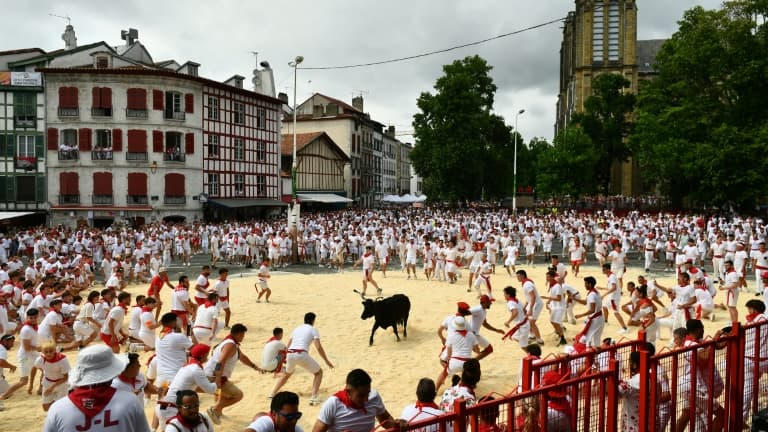
This exception is all the more shocking as it runs counter to international developments. In 2024, Colombia voted for a total ban on bullfighting, which will take effect in 2027
³. In Mexico, several states, as well as Mexico City in 2025, have outlawed bloody bullfights
⁴. In Spain, the Canary Islands and Catalonia abolished the practice (though the Constitutional Court partially overturned Catalonia’s decision), and the Balearic Islands banned in-arena killing as early as 2017
⁵. Argentina, Chile, Uruguay, Cuba, and Guatemala abolished bullfighting long ago
⁶. Everywhere, the tide is turning.
In France, public opinion reflects the same trend: according to a February 2024 poll, 75% of French citizens support an outright ban
⁷. The generational gap is even more pronounced: rejection is highest among young adults. Yet parliamentary attempts to end the practice continue to fail, as in 2022 when Aymeric Caron’s (France Insoumise) bill was withdrawn after obstruction tactics
⁸.
Tradition vs. Ethics: A False Opposition?
Defenders of bullfighting invoke art, culture, and tradition. But how can suffering inflicted on an animal be justified in the name of aesthetics? A bull is not a stage prop. The brutal reality is that it is stabbed, exhausted, and killed to the cheers of the crowd. At a time when societies increasingly recognize the sentience of animals and their right to protection from cruelty, bullfighting appears as a barbaric relic.
Yet abolishing bullfighting does not mean abolishing culture. The arenas of Nîmes or Bayonne can thrive in other ways, hosting concerts, festivals, or sporting events. Tradition is not static; it evolves. Refusing to make animals suffer and die for entertainment means choosing the future without denying the past.
Preserving Tradition… Differently
Instead of opposing memory and modernity, it is possible to invent new forms that respect animal welfare. The history of artistic gymnastics offers an illuminating example: in the past, the vault was practiced on live animals, before being replaced with a specific apparatus. The movement, technique, and symbolism were preserved, without any further harm to horses
⁹.
Bullfighting could follow a similar path. Arenas could stage “symbolic bullfights,” with mechanical or virtual bulls, preserving the costumes, pageantry, and drama. Some experiments with “bloodless bullfights,” already proposed in Spain, are moving in this direction
¹⁰. The festive dimension could even be strengthened: music, parades, popular gatherings. What attracts people to these festivals is not just the fight, but also conviviality and a sense of identity.
In addition, new sporting or artistic practices inspired by bullfighting could emerge: non-violent equestrian choreographies, acrobatics, symbolic competitions. These would transmit values of courage, mastery, and elegance once associated with bullfighting, but without cruelty.
Choosing the Future
The economic argument — jobs, tourism — is also questionable. Figures show a steady decline in attendance. In Spain, the number of bullfights has fallen by 63% since 2007
¹¹. In France, the trend is similar. Audiences are dwindling, and new generations no longer identify with it. Maintaining this costly and violent spectacle looks more like stubbornness than safeguarding heritage.
It is time for France to join the global movement. The exception of “uninterrupted local tradition” no longer makes sense in a country that claims to uphold animal welfare. Bullfighting is not doomed to vanish from the collective imagination: it can reinvent itself, becoming a cultural symbol without bloodshed. Like the vault in gymnastics, bullfighting can be transformed to preserve history, aesthetics, and identity — without sacrificing animal lives.
Abolishing the killing does not erase a culture, but gives it a second life, adapted to our century.
https://www.legifrance.gouv.fr/codes/article_lc/LEGIARTI000044394119
https://www.tf1info.fr/politique/la-corrida-est-elle-deja-interdite-en-france-dans-le-code-penal-comme-l-affirme-aymeric-caron-2238721.html
https://www.lemonde.fr/international/article/2024/05/30/en-colombie-fin-de-partie-pour-la-corrida_6236374_3210.html
https://www.theguardian.com/world/2025/mar/18/mexico-city-bloodless-bullfights
https://france3-regions.franceinfo.fr/occitanie/pyrenees-orientales/perpignan/baleares-interdisent-corridas-blessure-mise-mort-du-taureau-1302193.html
https://www.cas-international.org/en-gb/anti-bullfighting-states/
https://www.bfmtv.com/animaux/corrida-75-des-francais-favorables-a-son-interdiction-au-nom-du-bien-etre-animal_AN-202402120856.html
https://www.france24.com/fr/france/20221124-interdiction-de-la-corrida-la-france-insoumise-retire-son-texte-d%C3%A9non%C3%A7ant-une-obstruction
https://www.wagymnasticshistory.com/historyearlygymequip.html
https://elpais.com/politica/2017/07/24/actualidad/1500880861_431681.html
https://www.eurogroupforanimals.org/news/survey-reveals-majority-citizens-eu-bullfighting-countries-against-tradition



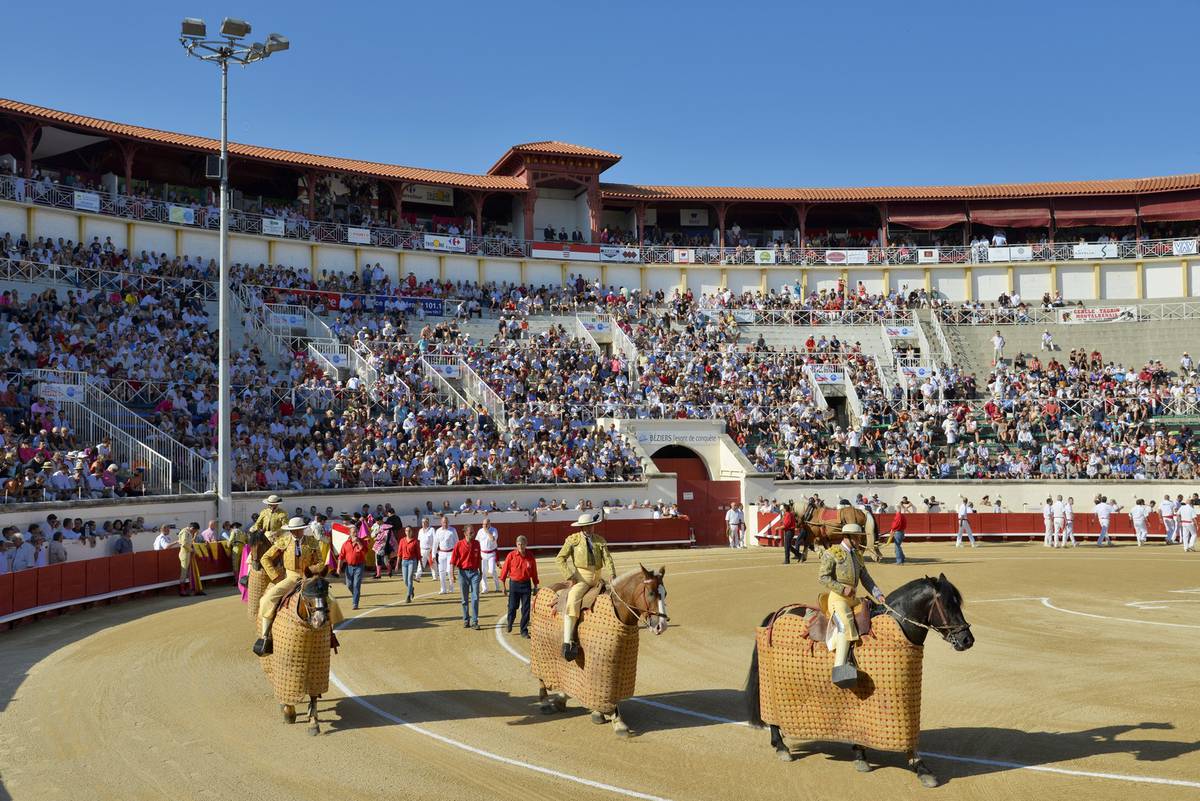

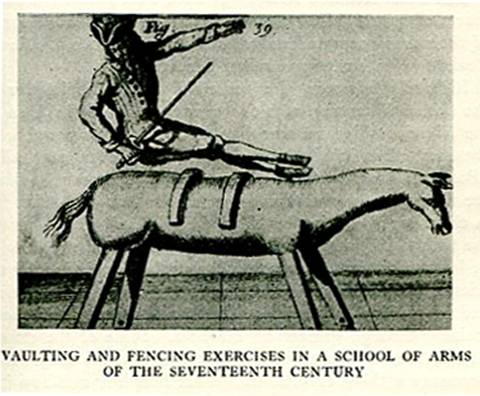

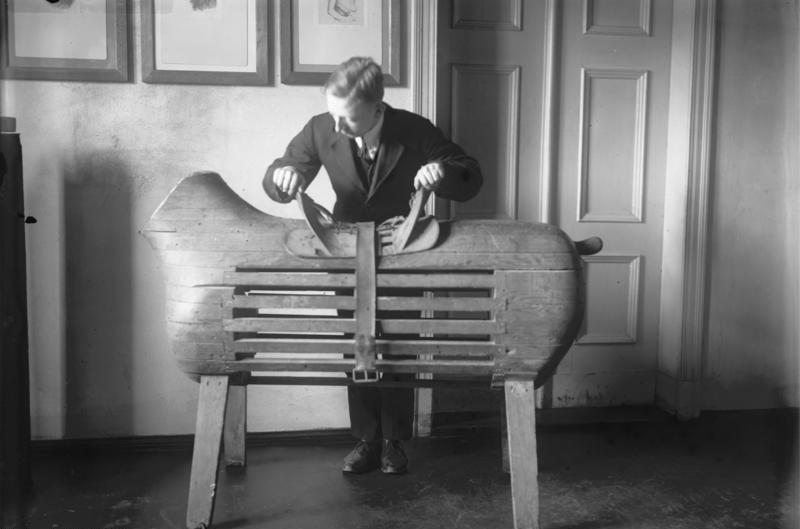

Comment
Reply